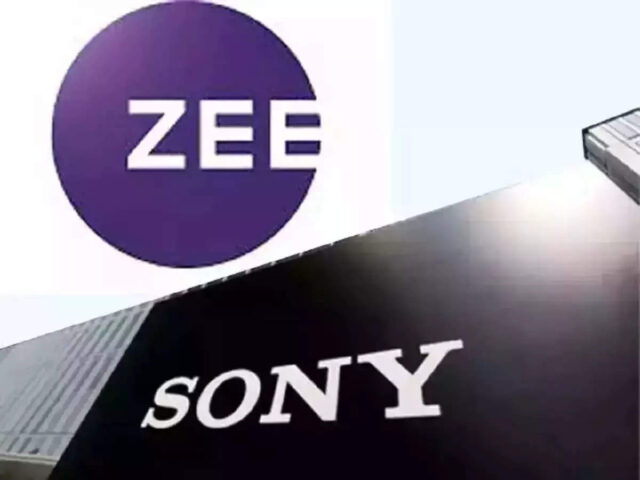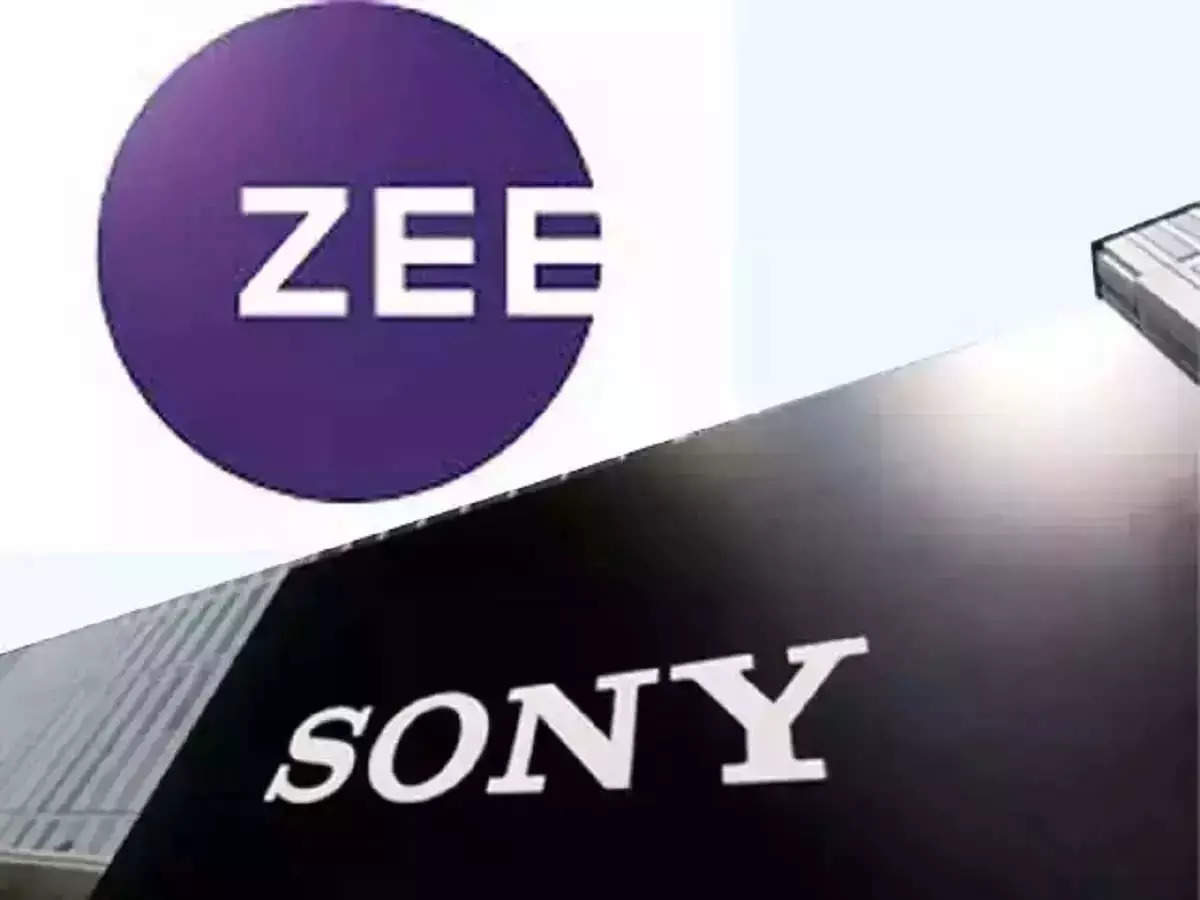After signing an agreement, ZEEL was racing to receive a series of regulatory clearances from SEBI, CCI, ROC, etc.
It also got a go-ahead from the National Company Law Tribunal after receiving approvals from shareholders and creditors and closed all formalities for the merger.
However, Sony Group Corp on Monday called off the USD 10 billion merger of its India unit with Zee Entertainment, following a stalemate over who will lead the merged entity, besides not satisfying other conditions for the merger.
It sent a termination notice to Zee on the deal, which was announced more than two years back, and is seeking USD 90 million as break-up fees for violating the terms of the merger pact and “invoking arbitration”, which ZEEL said it will contest legally.
According to experts, this would bring the stock of ZEEL under pressure in near terms. The industry dynamics are also going to change as global media giant Walt Disney Co has signed a non-binding agreement last month with billionaire Mukesh Ambani-led Reliance Industries for a mega merger of their broadcasting businesses. Had it been completed, the Zee-Sony merger would have been the biggest deal in the media and entertainment sector in India, creating one of the largest entities having over 100 channels and two leading OTT platforms.
The merged entity would have competed Disney Star with leading media houses as Star which called off merger and other rival OTT platforms such as Netflix and Amazon Prime.
“Sony which has around 7-8 per cent market share and ZEEL with around 16 per cent market share, the ideal situation would be a merger because the industry dynamics for the rest of the players are changing dramatically,” said Nuvama Institutional Equities Executive Director Abneesh Roy.
With the deal collapsing, both Sony and ZEEL will get marginalised, while Disney-Star and Network18 would have a strong market share of almost over 35 per cent, he added.
Similarly, Karan Taurani, SVP of Elara Capital, said: “We believe the termination will have a negative impact on both parties, as both companies are going through stiff competition from digital media and face a potential threat from the merger of RIL/Disney over the near term.”
ZEEL has reported a muted performance in terms of growth and profitability over the last two years, as revenue growth has converged to 2.2 per cent and EBITDA margin dipped to 10.2 per cent due to losses in the OTT segment and lower growth in the linear TV segment.
The Chandra family-promoted firm has also signed a contract with Disney for ICC tournament rights on the linear TV side and yet to pay the first tranche of USD 1.4 billion fee.
Disney-Star India business consists of a linear network of Star India and 70 television channels running in eight languages and the OTT platform Disney+ Hotstar.
Reliance Industries through its step-down firm Viacom 18 has around 38 channels. Besides, it has streaming platform JioCinema, which had earlier this year bagged the media rights, both digital and TV, to broadcast India’s domestic matches as well as all the domestic tournaments hosted by BCCI for the next five years.
If the Sony-Zee merger was completed, the combined entity would have owned over 70 TV channels, two video streaming services (ZEE5 and Sony LIV) and two film studios (Zee Studios and Sony Pictures Films India), making it the largest entertainment network in India.







































